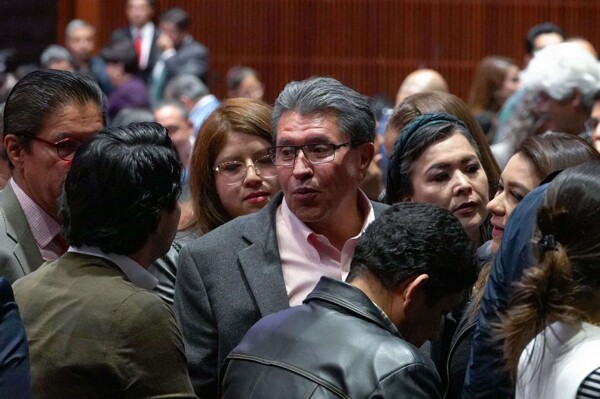
President Claudia Sheinbaum signed on Friday during her morning conference the constitutional reforms in Mexico, the first she presented, in terms of gender equality to end the disparity between men and women in the country, including the wage gap and violence.
"Today is a historic day, today this decree is published, and I would summarize it by saying: women are now in the constitution, our rights are guaranteed in the Political Constitution of the United Mexican States," stated the president.
This reform, the first initiative proposed by Sheinbaum upon taking office in October, contemplates modifying six articles of the Constitution and seven legal provisions, with major amendments to Article 4, which will reflect the "right to substantial equality" and "to a life free of violence".
"There is recognition of historical inequality, in such a way that it is not only access to education, to health, to all rights, but also a recognition of that historical inequality, and therefore, all spaces must be opened to be able to resolve that historical inequality for women," highlighted Sheinbaum.
Furthermore, the modifications to Article 21 of the Constitution will require security institutions to act with a gender perspective. Other reforms stipulate that all states in the country "must have prosecutors for investigating crimes based on gender".
In Mexico, the gender wage gap means that women earn on average 14% less than men for the same work. Moreover, less than half of women are in the labor market, and 70% earn less than two minimum wages, according to the Mexican Institute of Competitiveness (IMCO).
To achieve these objectives outlined by Sheinbaum, the General Law of Substantive Equality, the Federal Labor Law, and the Law of Workers in the Service of the State will also be modified. Additionally, the initiatives will require gender parity across the entire Federal Public Administration and in cabinets at the state and municipal levels.














